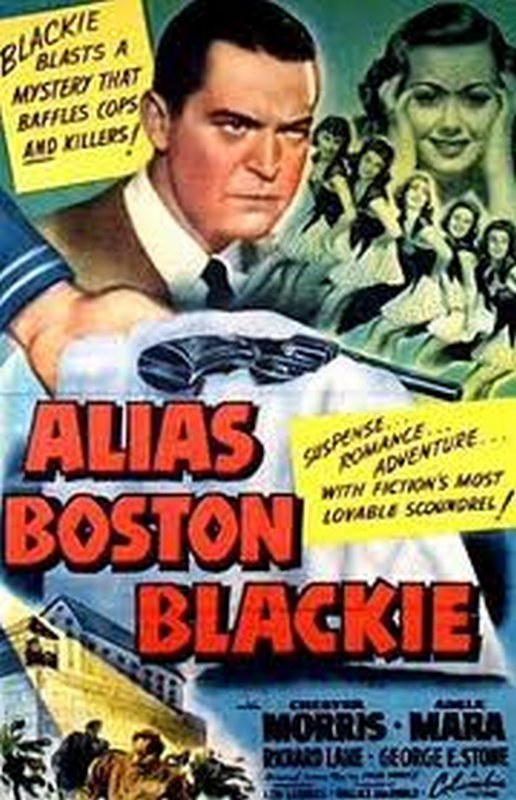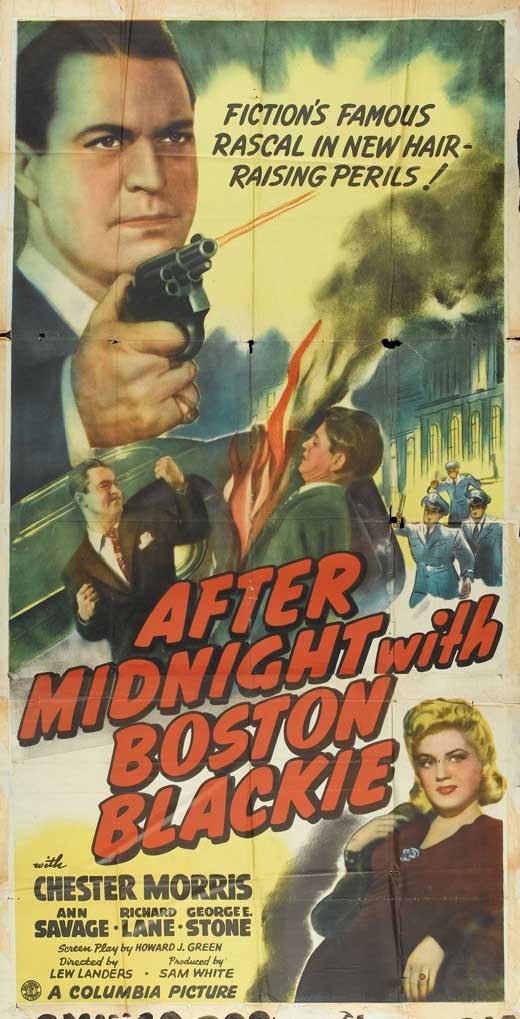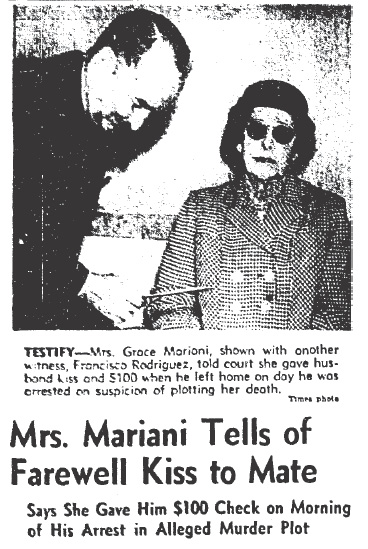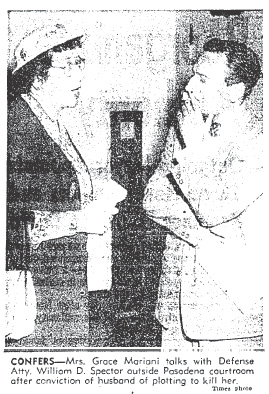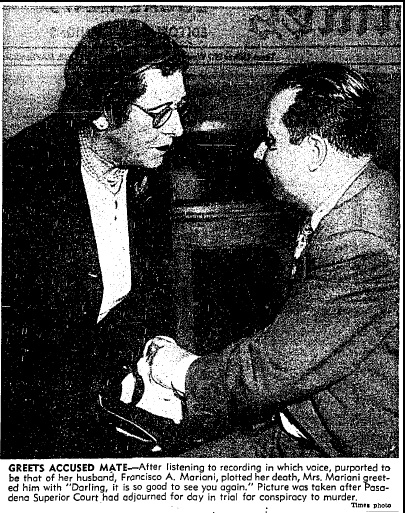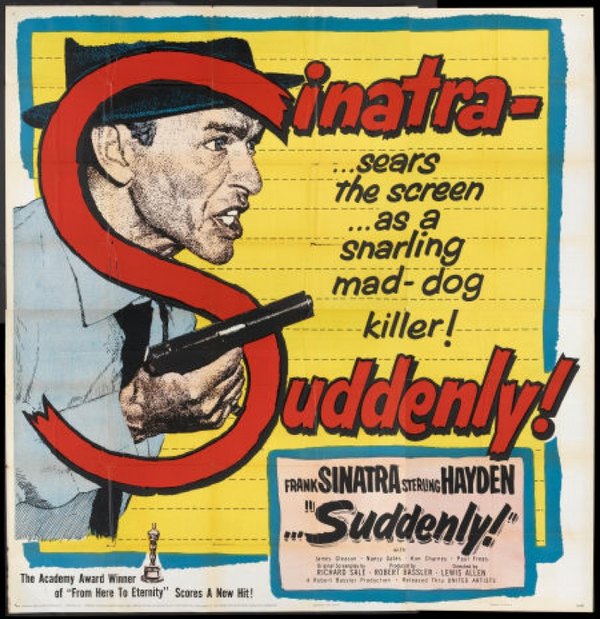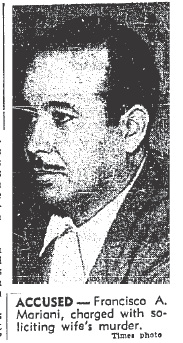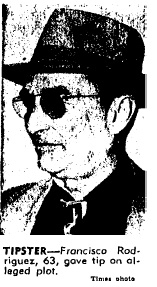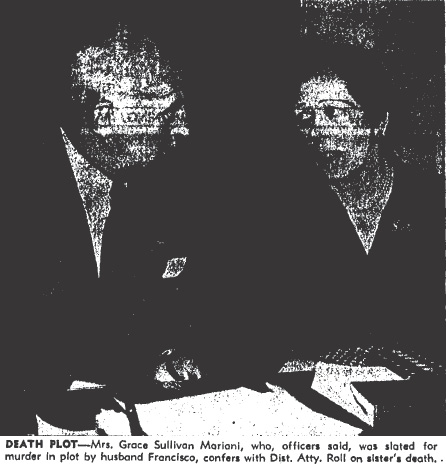In January 1923 Dr. George Kendall Dazey married Miss Frances French of Santa Monica. Frances was a graduate of Marlborough Girls’ School and, according to the wedding announcement in the Los Angeles Times she had “a wide circle of friends both in Phoenix and Salt Lake, as well as in this city.” Dr. Dazey was originally from Forth Worth, Texas but had found his way to San Francisco which is where the couple was going to live following their honeymoon. The couple didn’t put down roots in the bay city though because sometime between 1923 and 1926 the Dazey’s returned to Southern California and settled in Santa Monica, not far from Frances’ family.
George’s medical practice was successful enough to allow him to invest in an exclusive beach club, Las Olas, that was going to be built on a stretch of beach midway between Venice and Playa Dely Rey. The total cost for the site, structure, and furnishings was estimated to be approximately $350,000 (equivalent to $4.6 million in current dollars). It would have been tasteless to report on the amount of money each man ponied up to earn a seat on the board of governors, but George must have kicked in a bundle because he was the chairman.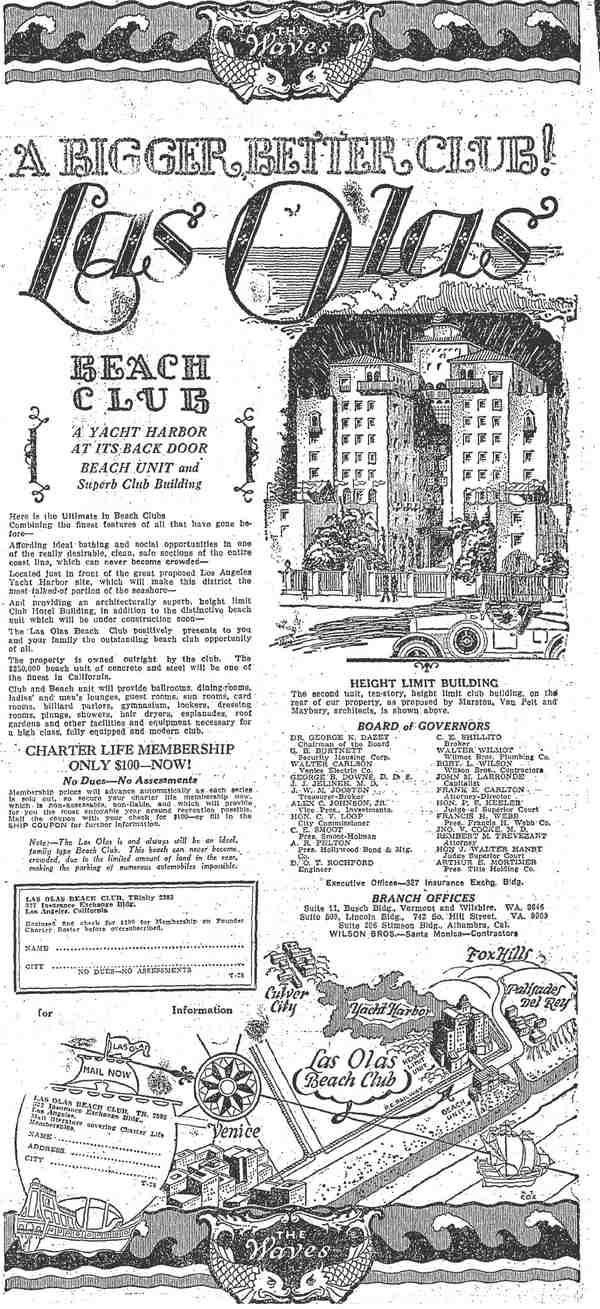
Part of the reason for Dr. Dazey’s success was he treated celebrities. Among his famous patients was actress Mabel Normand. Dazey was in constant attendance at Normand’s hospital bedside as she recovered from bronchial pneumonia during the early months of 1927.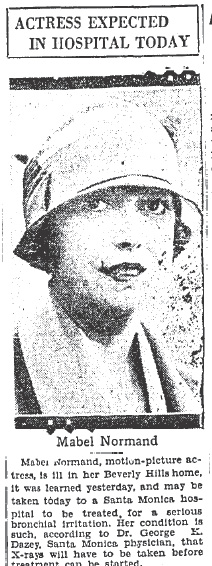
George’s success as a doctor meant major lifestyle changes for the couple–they moved from Santa Monica to Beverly HIlls and lived in a large house on Moreno Drive. But George and Frances’ marriage fell apart and in September 1931 she filed for a divorce. According to Frances, George had been living with a woman in a Santa Monica apartment. Frances wanted a share of $150,000 community property ($2.3 million in current dollars), custody of their child, and $1000 (equivalent to $15,400 in 2014 currency) a month for support. She said George could afford it–he made $60,000 a year (that’s about $1 million dollars today).
In April 1935 Frances returned to Los Angeles from Honolulu to try to collect more than $750 in back alimony from George. She hadn’t managed to get the $1000 a month she’d asked for, but she did get $100 every month. One hundred dollars doesn’t sound like much now but in 1935 it had the same buying power as $1700–a fortune during the Great Depression when the average annual salary was $1500.
Frances figured George was good for the dough because he was living in luxury with his second wife, Mrs. Doris Dazey, a former actress. A superior court judge ruled against George’s request for a reduction in alimony payments and also cited the doctor for contempt for failing to deed a piece of real estate to his ex. George claimed that he had been ill and besides he had to support his second wife.
Wah, wah, wah.
However the judge did let George off the hook for the attorney fees that Frances had incurred while trying to get her money.
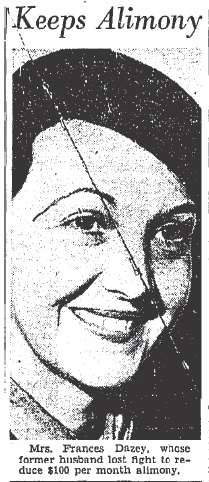 Presumably Frances took the next cruise ship back to Hawaii. George stayed in Los Angeles and tried to maintain his second wife in the style to which she had become accustomed.
Presumably Frances took the next cruise ship back to Hawaii. George stayed in Los Angeles and tried to maintain his second wife in the style to which she had become accustomed.
On October 3, 1935, just months after his court battle with Frances, George’s second wife thirty-one year old Doris was dead. Doris and George had been married for only a year and they had a four-month old son. George said he found her body on the floor of the garage at their home on Twenty-third Street in Santa Monica. Her face was only eighteen inches away from the exhaust pipe of the car.
An autopsy was performed and it was determined that Doris had died of carbon-monoxide poisoning. George said that his wife was subject to fainting spells. Her father, Dr. Walter B. Schwuchow, corroborated George’s statement.
It was suggested that Doris may have committed suicide, but nobody who knew her believed that for a minute. Captain Greer of the LAPD said: “It is possible that she had a fainting spell while stepping from the car to open the (garage) door.”– and that was that.
Doris’ death came only a few months following George’s court battle with his ex-wife Frances. I have to wonder if Doris’ death solved any financial problems for him. There was no mention of life insurance in the newspaper reports. Some of the Dazey’s neighbors said that they had heard arguments and screams coming from the doctor’s home on the night of Doris’ death, but there was insufficient evidence to make a case.
Dr. Dazey buried his wife and resumed his life and medical practice–he even remarried in March 1938. But four years of innuendo and rumor finally caught up with him. In December 1939 he was charged with Doris’ murder.
Justice had been delayed–would it be denied?
NEXT TIME: Strange burns on the victim’s face and a motive for murder.

